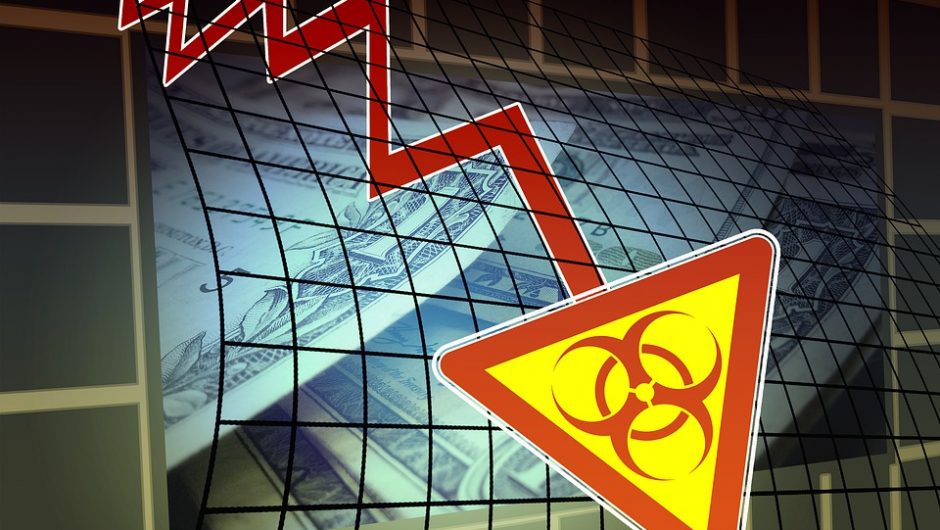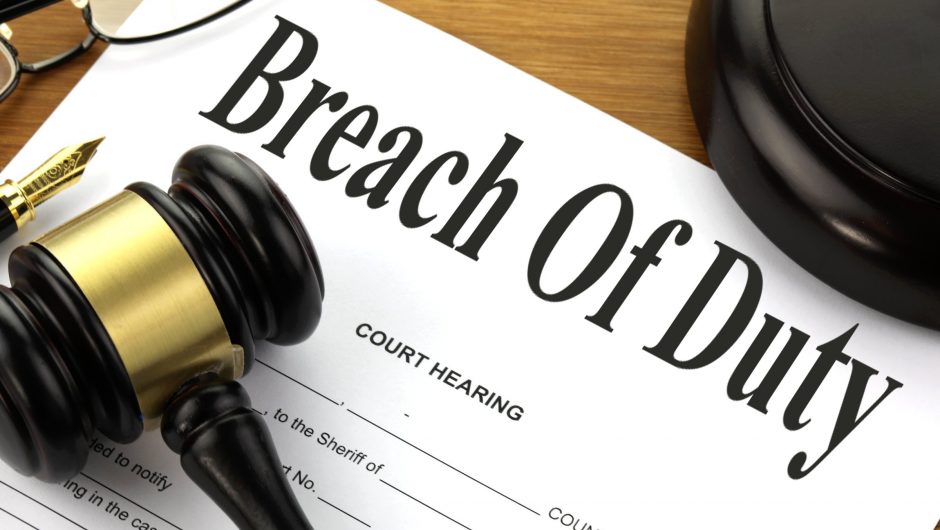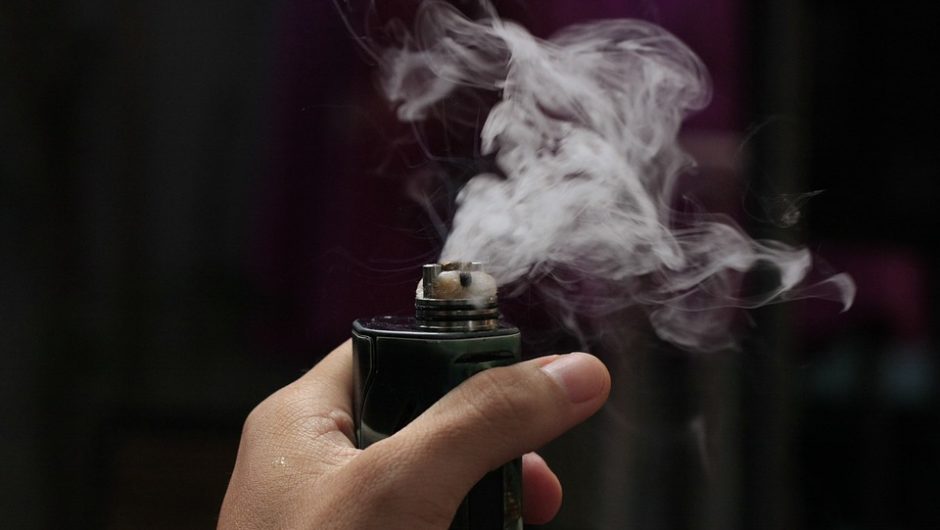Although it is a phrase that many of us are familiar with it is not always that easy to classify when crimes of passion have been committed from a legal perspective.
In general terms, the law regards this action as a crime that has been perpetrated in the heat of the moment and with emotional motivation or provocation, as opposed to a criminal act that was clearly premeditated or deliberate.
Let’s take a look at some examples and the repercussions of those actions taken in the heat of the moment.
When you are provoked
One of the most common defenses to a manslaughter charge that is being viewed as a crime of passion is the claim that you were provoked into taking such drastic action.
Provocation can often be viewed as a partial defense and the overview is that you may have taken action without having the time to consider your options fully before acting. It should be noted that while it can be accepted that a defendant committed the crime in heat of the moment it is unlikely to be viewed as a completely excusable reason for injuring or murdering another person.
It is clear that emotions can get the better of any of us and that can mean you react first and think later, which is a prime example of a crime of passion.
Level of provocation
Another point to consider is the level of provocation, which can vary greatly, and will be viewed accordingly in the eyes of the law.
For instance, if someone is having a heated argument with angry words being exchanged it is unlikely to be a scenario that is sufficiently charged to justify a criminal act being perpetrated.
On the other hand, discovering that your spouse has committed adultery can be regarded as a sufficiently serious provocation to at least consider the option that someone has acted in the heat of the moment.
Again, it doesn’t excuse the action of hurting another person but it does raise the prospect of the crime being potentially downgraded in view of the emotional circumstances.
Not being able to apply reasonable judgement
Different states tend to apply a slightly different interpretation of the laws when it comes to crimes of passion.
In New York, for instance, there is the potential for a murder charge to be downgraded to a charge of manslaughter if the defendant is found to have acted in the heat of passion.
The question of malice is often raised when it comes to a murder charge and a crime of passion can be regarded as a situation where the defendant found that their usual levels of judgement were blindsided by an emotional attachment to the victim.
The issue of provocation is a very subjective aspect of any legal case that involves a crime of passion and it is clear that each case has to be treated on its own merits in order to determine if the act was premeditated or a case of their emotions getting the better of their actions.












